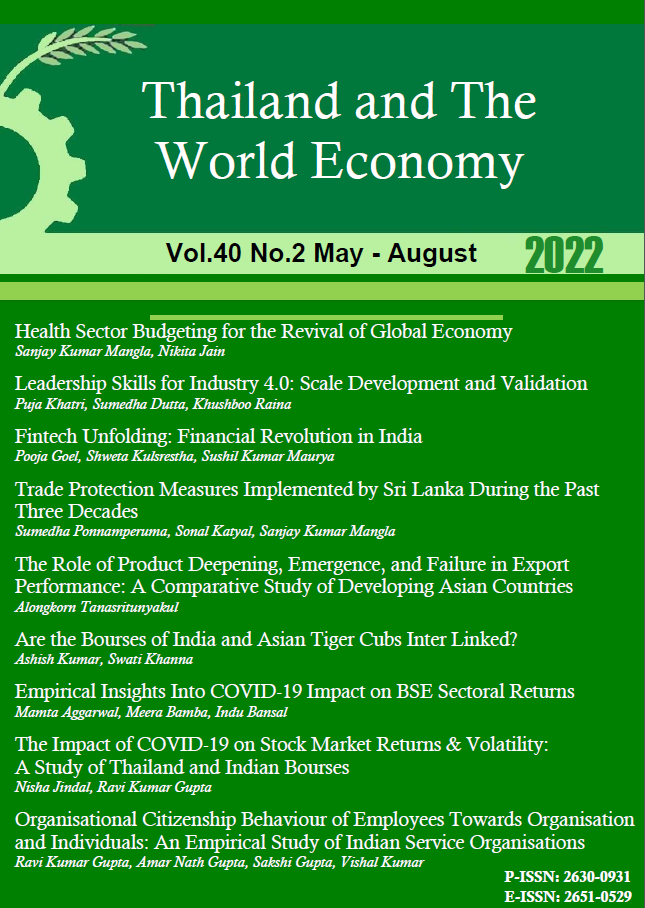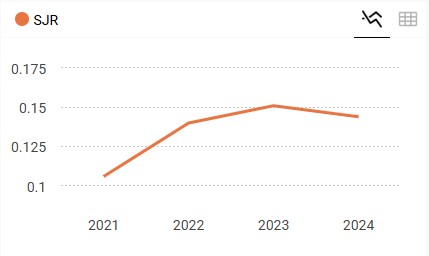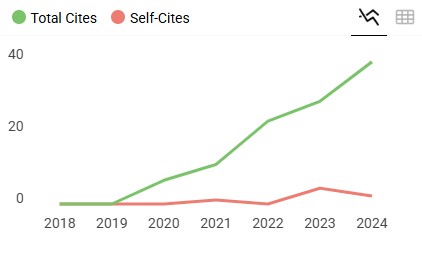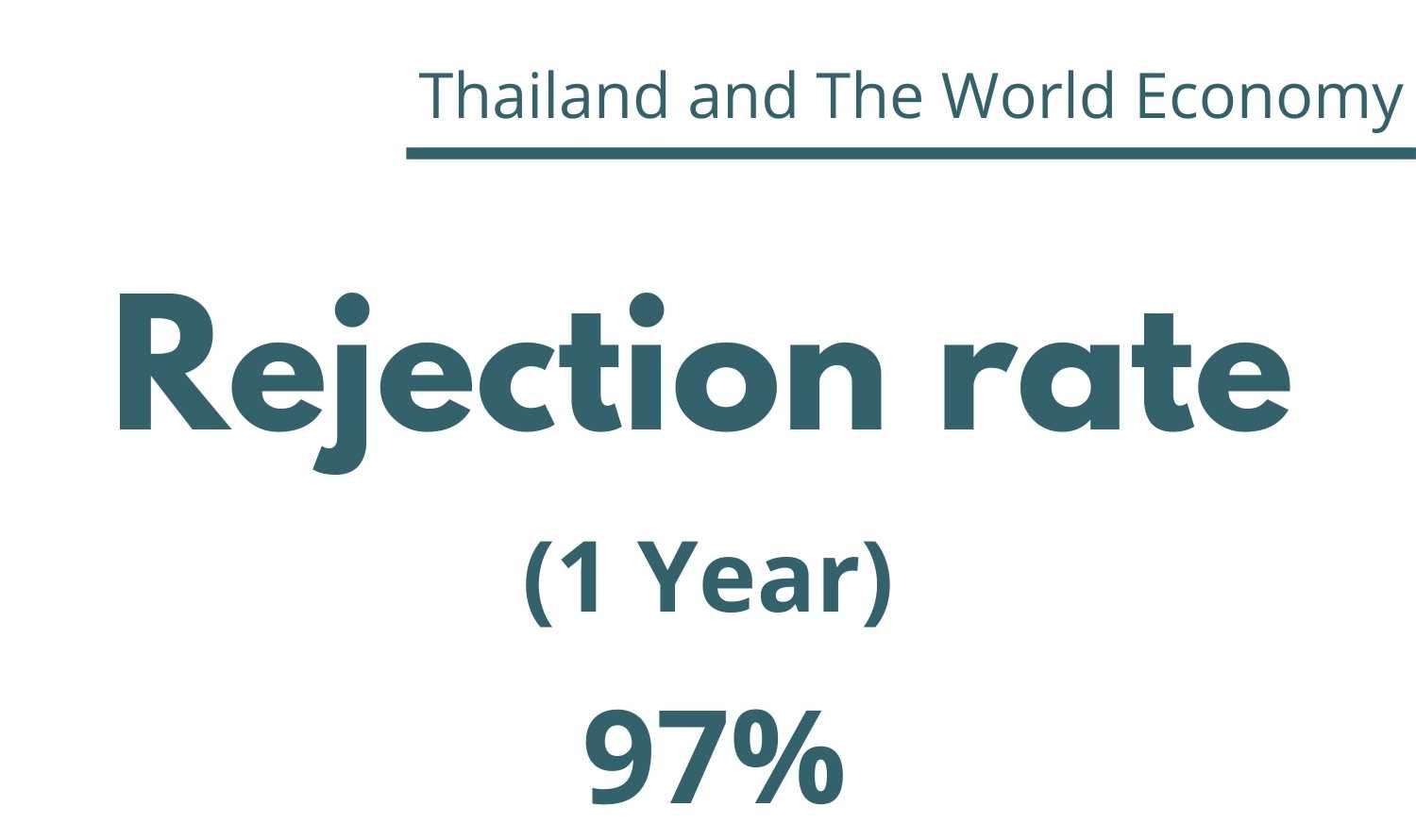Health Sector Budgeting for the Revival of Global Economy
Keywords:
Gross Domestic Product, Health budget, RCEP countries, Keynesian model, Economic CrisisAbstract
Aside from various economic crises faced by different countries are different time , the countries, and sometimes the world as a whole, have faced serious pandemics such as Spanish Flu, Ebola, bubonic plague and the recent COVID 19, among others. In order to boost the economy, the government tends to introduce different stimulus, relief and financial packages in favour of the citizens of its country. The government is inclined to follow the Keynesian model as it focuses on increasing the demand of consumers. It is the need of the hour to realise the importance of health care for the growth and development of the economy as it has been observed that countries where the economic impact of the crisis is huge and prolonged, also suffer from a great impact on healthcare services. The following study concludes, after both theoretical and empirical analysis, that health expenditure plays a major role in increasing global GDP. Thus, the government should focus on increasing expenditures on health during any crisis. This reduces the amount of income spent by consumers on health care and provides them with security. Further, workers' efficiency increases at a great rate, as does their life expectancy. Higher efficiency is associated with higher output and thus higher growth.
References
Behera, D. K., & Dash, U. (2019). Effects of economic growth towards government health financing of Indian states: An assessment from a fiscal space perspective. Journal of Asian Public Policy, 12( 2), 206-227.
Benatar, S. R., Gill, S., & Bakker, I. (2011). Global health and the global economic crisis. Am J public Health, 101( 4), 646-653.
Blomqvist, A. G., & Carter, R. L. (1997). Is health care really a luxury? Journal of Health Economics, 16, 207-229.
Cox, C., Amin, K., & Kamal, R. (2021). How have health spending and utilization changed during the coronavirus pandemic? Peterson KFF - Health Sysyem Tracker.
Dornbusch, R., & Fischer, S. (2014). Macro Economics. McGraw Hill. 6th edition.
Gerdtham, U. G., & Lothgren, M. (2000). On stationarity and cointegration of international health expenditure and GDP. Journal of Health Economics, 19, 461-475.
Global Spending on health 2020: weathering the storm. Geneva: World Health Organization; 2020
Guess, G. M., & Sitko, S. J. (2004). Planning, budgeting, and health care performance in Ukraine. International Journal of Public Administration, 27( 4), 767-798.
Jaunky, V. C., & Khadaroo, A. J. (2008). Health care expenditure and GDP: An African perspective. Applied Econometrics and International Development, 8( 1), 131-146.
Kiymaz, H., Akbulut, Y., & Demir, A. (2006). Tests of stationarity and cointegration of health care expenditure and gross domestic product. European Journal of Health Economics, 7, (4), 285-289.
Kleiman, E. (1974). The determinants of national outlay on health. In M. (. Perlman, The economics of health and medical care (pp. 66-68). London: Palgrave Macmillan.
Narayan, S., Narayan, P. K., & Mishra, S. (2010). Investigating the relationship between health and economic growth: Empirical evidence from a panel of 5 Asian countries. Journal of Asian Economics, 21(4), 404-411.
Newhouse, J. P. (1977). Medical-care expenditure: A cross-national survey. Journal of Human Resource, 12(1), 115-125.
Nnaji, G. A., Oguoma, C., Nnaji, L. I., & Nwobodo, E. (2010). The challenges of budgeting in a newly introduced district health system: A case study. Global Public Health, 5(1), 87-101.
Ruckert, A., & Labonte, R. (2012). The global financial crisis and health equity: Toward a conceptual framework. Critical Public Health , 22(3), 267-279.
Sulku, S. N., & Caner, A. (2011). Health care expenditures and gross domestic product: The Turkish case. The European Journal of Health Economics, 12(1), 29-38.
Tamakoshi, T., & Hamori, S. (2014). Health-care expenditure, GDP, and share of the elderly in Japan: A panel cointegration analysis. Applied Economics Letters, 22(9), 725-729.
Wang, F. (2015). More health expenditure, better economic performance? Empirical evidence from OECD countries. Inquiry, 52, 1-5.
Wang, K. M. (2011). Health care expenditure and economic growth: Quantile panel-type analysis. Economic Modelling, 28(4), 1536-1549.
Downloads
Published
How to Cite
Issue
Section
License
Copyright (c) 2022 Thailand and The World Economy

This work is licensed under a Creative Commons Attribution-NonCommercial-NoDerivatives 4.0 International License.










